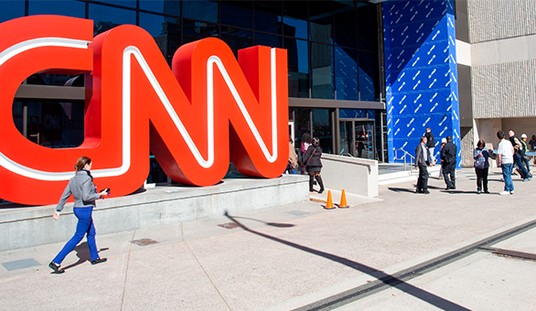=========
=========
Promoted from the diaries by streiff. Promotion does not imply endorsement.
=========
=========
President Trump made lower drug prices one of his Administration’s top priorities, and he has taken Big Pharma head-on in order to keep his promise to the American people. With little help from a hostile Congress, the President has delivered a range of regulatory changes that will bring real relief to Americans who have trouble affording their medications.
For example, under the leadership of now-former Food and Drug Administration Commissioner Scott Gottlieb, the FDA approved record numbers of generic drugs, which compete with pricey brand-name drugs, lowering prices by upwards of 80%.
And just last month, the Administration finalized a regulation that will require drug companies to disclose the price of their products in their ubiquitous television ads, which will increase transparency and show the American people the enormous price that drug companies charge.
Despite tremendous opposition from the high-priced lobbyists from the drug industry, the President has taken the bull by the horns and delivered these and other changes that will help those who depend on prescription drugs to better afford them.
But a rule recently proposed by the Inspector General at the Department of Health and Human Services appears to head in the opposite direction, handing Big Pharma a win at the expense of seniors in Medicare Part D, which is the prescription drug benefit for older Americans who are on Medicare.
The proposal, which basically eliminates “rebates” – or discounts – that drug makers pay to pharmacy benefit managers and insurance plans in return for covering their drugs, will increase costs across the board and put a pretty penny in the pockets of Big Pharma.
The rule is puzzling in that HHS acknowledges all of the shortcomings in the rule. For example, HHS estimates that the rule would increase monthly insurance premiums for seniors by up to 25% over the next decade. And because the government shares in the cost of those premiums, HHS estimates that eliminating these rebates will cost the federal government nearly $200 billion in the same time period.
Where will most of that $200 billion go? Straight into the pockets of Big Pharma. HHS estimates that drug makers will see more than $170 billion in increased revenues over a decade if the rule goes into place.
In fairness, certain Medicare beneficiaries who depend on expensive drugs that rebates apply to will see some out-of-pocket savings, but those seniors will be in the minority. Rebates are generally not available for the vast majority of drugs (upwards of 75%) and entire classes of drugs (e.g., most cancer drugs) are usually not subject to rebates, meaning that seniors who depend on those types of drugs will see no savings from the rule.
As the President has said repeatedly, the price of prescription drugs has to come down, but it is unlikely that this rule would have that effect. Seven CEOs of major pharmaceutical companies testified before Congress in April, and each of them was asked whether or not they would lower their prices in response to this rule. Not a single one said that they would.
The Trump Administration is doing some incredible work to alleviate the pain that too many Americans feel when it’s time to refill their prescriptions. People shouldn’t have to choose between putting food on their table and taking the drugs that their doctors prescribe, and the President has been very clear that reducing drug prices is a top priority for him. Much progress has been made towards achieving the President’s goal since he took office, but this rule threatens to undo some of that progress. I hope that HHS rethinks this misguided initiative before it’s too late.














Join the conversation as a VIP Member